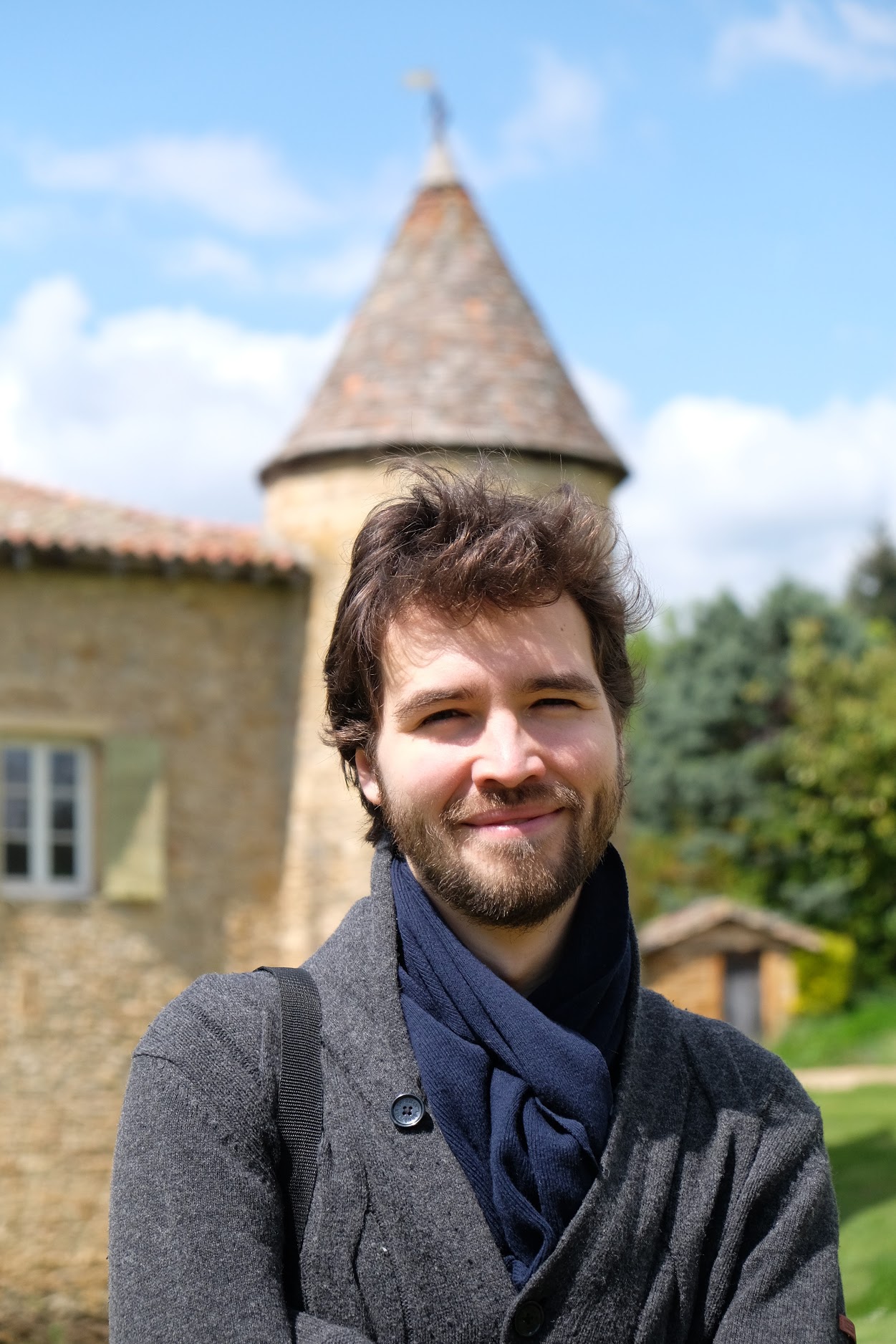
Isolation Conversation
Isolation Conversation
An Isolation Conversation with Ros Ballaster, Professor of Eighteenth-Century Studies
Read moreThis is a story of ‘oral contagion’.[1] In 1722, Daniel Defoe describes how news of a terrifying disease took grip in Holland in 1664, reputedly brought to its shores by a Turkish fleet. All too soon the illness was spreading by unknown means through London: and with it gossip and speculation about bungled state attempts to contain the swift transmission. Defoe’s short fiction – now being eagerly read on screens by those confined indoors in 2020 and hungry for literature that speaks to their own moment – was itself composed in response to a later outbreak of plague: in Marseille, France, in the 1720s. Britain, an expanding maritime trading empire, saw its economy as well as the lives of its people under threat once more and looked to the recent past for weapons to prevent a similar devastation.
There is much to learn and to fascinate in Defoe’s fiction. And we will recognise the patterns that the narrator, a saddler [2] only known as ‘H.F.’, describes: the struggle to maintain social distance in a crowded metropolis; the panicked exodus to the country, which only spreads the disease further; the pressure on those delivering care; stories of greed mixed with those of generosity; contradictory reactions of opportunism, providentialism and resignation. In all, Defoe provides a gripping study of human behaviour and in particular the struggle of mind to get a grip in circumstances of threat and sudden change.
I have a colleague at Wuhan University, Dr Wen Zhang, who has been reading Journal of the Plague Year and, in our mutual social isolation, we’ve been sharing our thoughts online about its relevance. She quotes to me H.F.’s observation that people would improve in their behaviours and what he calls ‘morals’ under such pressures, but ‘it must be acknowledged that the general practice of the people was just as it was before, and very little difference was to be seen.’
Defoe gives us insight through H.F. into the way we tend to think and respond when we find ourselves in a world-shifting environment. H.F. can’t think his way out of things. H.F. keeps ‘resolving’ on a course of action and then repenting of it. When he goes out, he decides to stay in. When he stays in, he starts to long to get out:
Such intervals as I had I employed in reading books and in writing down my memorandums of what occurred to me every day, and out of which afterwards I took most of this work, as it relates to my observations without doors. What I wrote of my private meditations I reserve for private use, and desire it may not be made public on any account whatever.
H.F. is an inveterate counter of things: financial losses, the numbers of the dead (the ‘bills of mortality’). And yet he is also a hoarder and he explicitly states that there are things he is not telling us: his private meditations that he is ‘reserving’. It is worth noting the play on the word ‘tell’. To ‘tell’ is to count (think of a bank-teller), but also to narrate. Stories are built on the not-said, the implied, as well as what we can count. And this is a fiction that counts costs: not only in terms of human lives, but human dignity, and our sense of integrity.
Defoe shows us the mentality of the ordinary person facing extraordinary invasions of privacy. And he also shows us resilience, our inner resources. The last word of Journal of the Plague Year is ‘alive’:
‘I shall conclude the account of this calamitous year therefore with a coarse but sincere stanza of my own, which I placed at the end of my ordinary memorandums the same year they were written:–
A dreadful plague in London was
In the year sixty-five,
Which swept an hundred thousand souls
Away; yet I alive!



[1] See Paula McDowell, ‘Defoe and the Contagion of the Oral: Modelling Media Shift in “A Journal of the Plague Year”,’ PMLA Vol. 121, No. 1, Special Topic: The History of the Book and the Idea of Literature (Jan., 2006), pp. 87-106.
[2] A saddler makes leather equestrian equipment and H.F. tells us that most of his trade